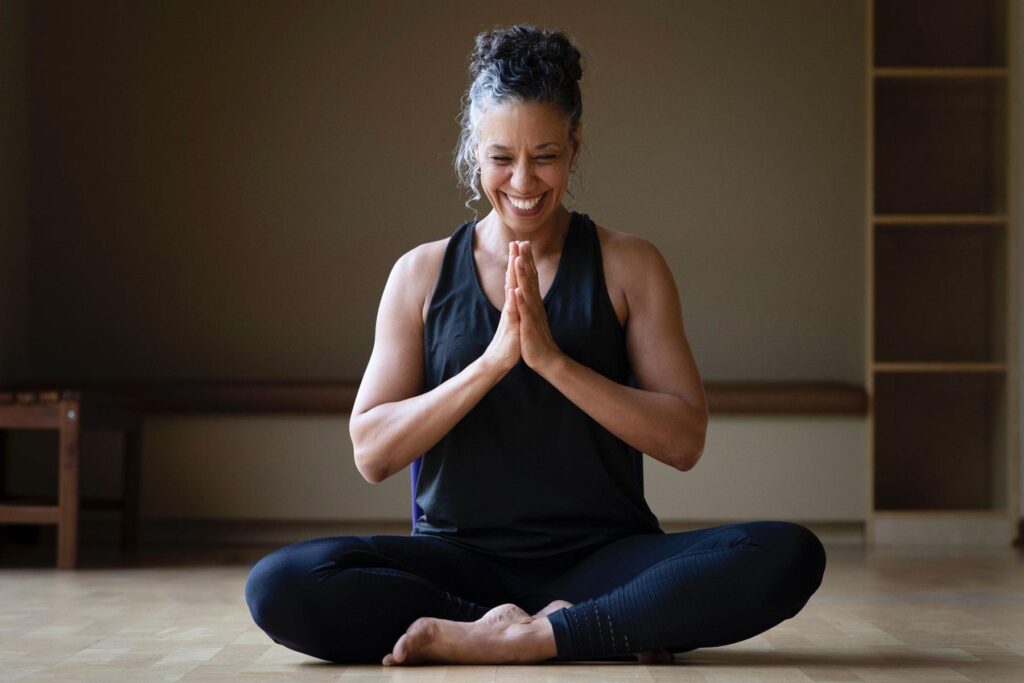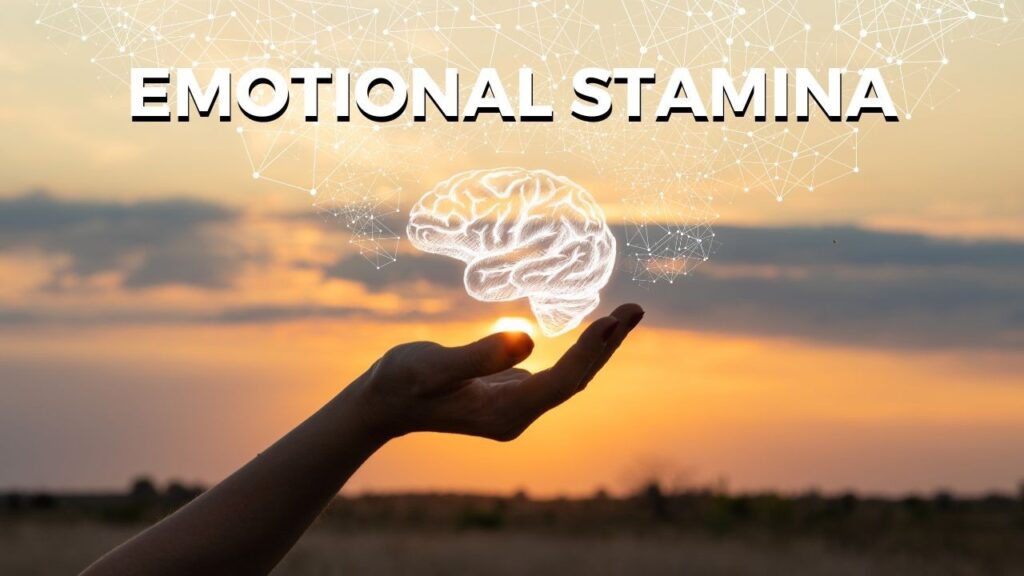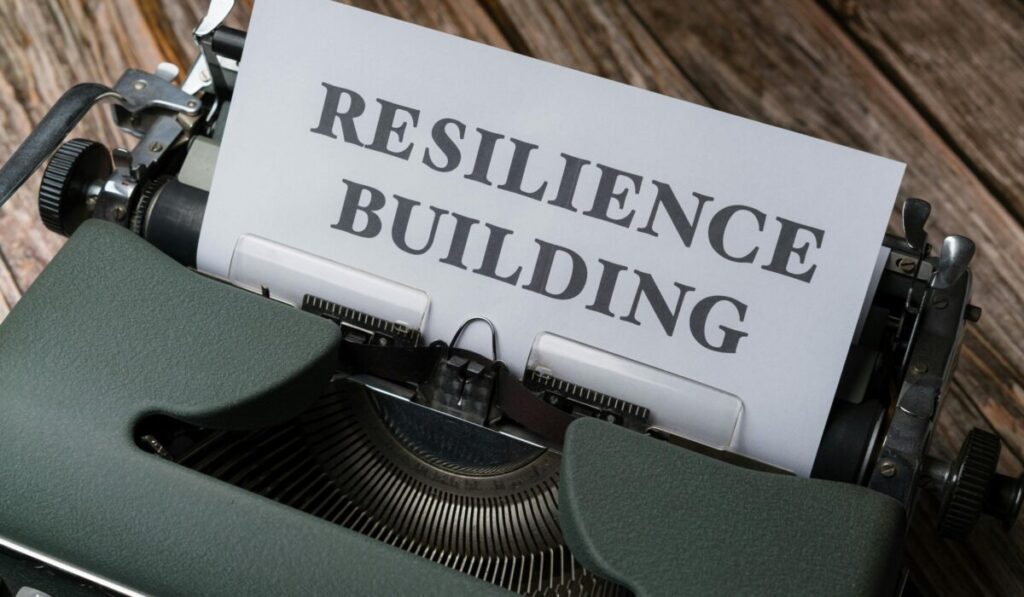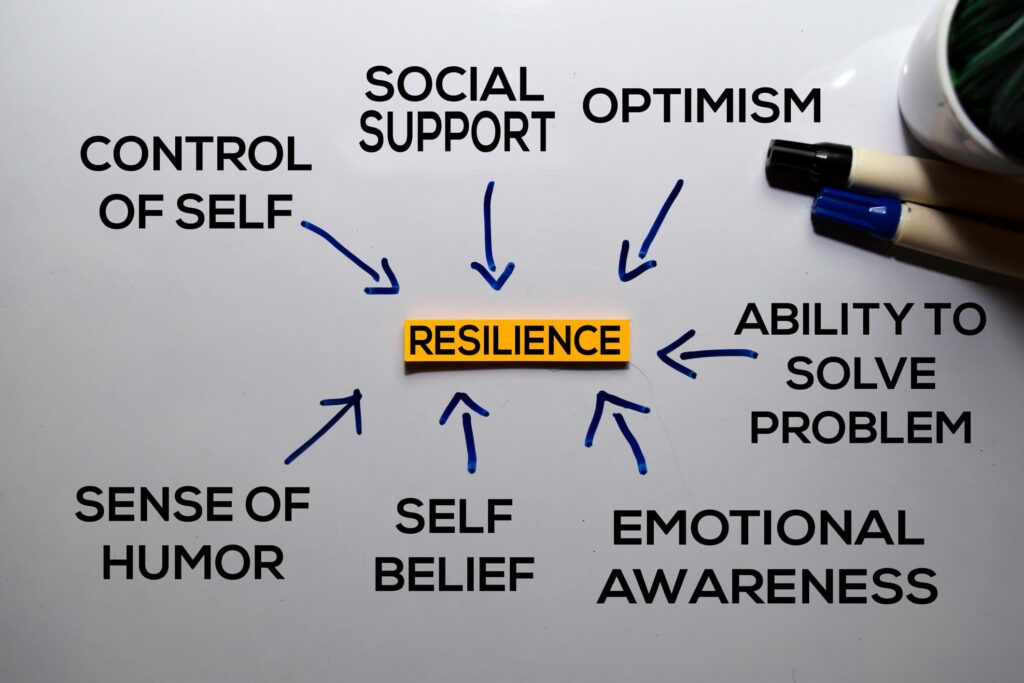
Learning to navigate emotional challenges isn’t about becoming “less of a man.” It’s about becoming a stronger, healthier one—without carrying shame in the process. Society often tells men to “toughen up” or “deal with it,” but emotional resilience isn’t built through suppression. It’s developed through awareness, practice, and a willingness to grow.
Table of Contents
Key Highlights
- Emotional resilience is not weakness—it’s a key strength for men.
- Shame and silence often prevent men from developing healthier emotional tools.
- Emotional expression can enhance relationships, work-life balance, and mental clarity.
- Men don’t need to do it alone—structured support and therapy help build resilience.
- Shame-free conversations lead to lasting emotional growth.
- Therapy is becoming more tailored to male experiences, making it more effective than ever.
Why Resilience Isn’t Just for Crisis Mode

Source: vetnurse.com.au
Let’s start here: emotional resilience isn’t only for when things go wrong. Sure, it helps you cope in a crisis. But more than that, it improves your everyday experience—how you manage stress at work, how you relate to your partner, and even how you handle uncertainty.
Too often, men are conditioned to think of emotions as something to “overcome” rather than understand. But the truth is, emotional resilience isn’t about suppressing your feelings—it’s about being able to stay grounded even when those feelings hit hard.
Think of it like this: resilience is not the absence of emotional reaction, but the ability to recover well from those reactions. That includes recognizing patterns, making space for discomfort, and building strategies that actually work long term.
Why So Many Men Still Feel Shame Around Emotions
Shame is one of the quietest yet strongest forces blocking emotional development in men. It’s not always loud or obvious. It often sounds like this:
- “I shouldn’t feel this way.”
- “Real men don’t cry.”
- “I’ll deal with it myself.”
These internalized beliefs are deeply rooted in culture, media, and even family expectations. But here’s the thing—emotional shutoff doesn’t protect you. It isolates you. And isolation erodes resilience.
Real emotional strength isn’t stoicism. It’s capacity. Capacity to feel discomfort, to ask for help, and to recover—not just survive.
Men often need a place where they can unpack this shame in a way that doesn’t feel like judgment or weakness. This is where men’s therapy can be genuinely life-changing. Spaces like this are tailored to male emotional patterns, helping men confront shame and reshape it into clarity and confidence.
Therapy designed with male resilience in mind doesn’t force emotional expression—it guides it. It meets you where you are, and helps you grow without sacrificing dignity.
How Emotional Resilience Shows Up in Daily Life

Source: canyonranch.com
You don’t have to wait for burnout, heartbreak, or anxiety attacks to build resilience. In fact, the earlier you start practicing emotional strength, the more effective it becomes. Here’s what emotional resilience can actually look like in real life:
- You take feedback without spiraling into self-doubt.
- You recognize anger as a signal, not a flaw.
- You create boundaries without guilt.
- You respond instead of react.
These are learned skills, not personality traits. The good news? They’re completely accessible, no matter where you’re starting from.
For many men, even recognizing emotional patterns is new. That’s okay. This is the starting point—and no one expects perfection here. What matters is curiosity and commitment to improvement.
Common Misconceptions That Hold Men Back
There’s a reason why emotional resilience feels hard to talk about for many men. These myths keep men stuck in cycles of denial or avoidance. Let’s break down a few of them:
- “Talking won’t change anything.”
Actually, research consistently shows that verbal processing reduces stress levels, increases clarity, and strengthens emotional regulation. - “I don’t want to dump my problems on others.”
Resilience isn’t about emotional dumping—it’s about knowing how and when to express, and to whom. - “If I just work harder, it’ll fix itself.”
Overworking is often emotional avoidance disguised as productivity. It masks, but doesn’t heal.
Recognizing these patterns doesn’t make you weak—it means you’re ready to do something different.
Building Resilience Without Losing Yourself

Source: linkedin.com
There’s often a fear that emotional openness will somehow dilute your masculinity. That fear is real, but it’s misplaced. The truth is, emotional resilience amplifies your confidence, leadership, and clarity. You don’t lose your edge—you sharpen it.
Let’s look at a few practical strategies that actually help:
- Check-in moments – Just 5 minutes at the end of your day to ask, “What did I feel most strongly today? Did I avoid anything emotionally?”
- Movement-based reflection – Walking, lifting, or biking while mentally working through emotions makes it easier for some men to process.
- Journaling (yes, really) – You don’t have to write a novel. A few bullet points about your emotional highs and lows can reveal patterns over time.
- Mindful breathing during frustration – Practicing pause instead of pushing through helps reduce the likelihood of emotional outbursts.
You don’t need to reinvent your life. Just take one tool and try it. Emotional resilience builds like muscle—it strengthens with consistent, intentional use.
When to Seek Extra Support

Source: federicoferrarese.co.uk
Self-growth is powerful, but there are times when guidance accelerates progress. If you’ve noticed that:
- You’re constantly on edge and can’t relax
- You isolate more than usual
- Your relationships feel disconnected
- You shut down during stress
…it’s probably time to get some outside support. This isn’t a failure—it’s an upgrade.
Structured help like men’s therapy offers an objective, shame-free space to understand what’s happening and build tools that work. It’s not about digging up the past just for the sake of it—it’s about learning how to thrive now.
The Takeaway: Strength Without Shame
If there’s one truth I want you to take with you, it’s this: emotional resilience isn’t about being less of a man. It’s about being more in control of your life. Not in a rigid, clenched way—but with calm, with clarity, with capacity.
There is no one right path to emotional strength, but there is a wrong one—and that’s staying silent and stuck.
The courage to grow emotionally isn’t loud or dramatic. It starts quietly—maybe in a moment of honesty with yourself, a deep breath before reacting, or even reading an article like this.
And if you’re here, reading this now, you’ve already started.
If this resonated with you, take the next step. Whether that’s journaling, starting a conversation, or exploring options like men’s therapy, just start. You don’t have to carry everything alone. You deserve support, and more importantly—you deserve peace.








